H.R. 4234: Safeguarding Americans From Extremist Risk (SAFER) at the Border Act
This bill is called the "Safeguarding Americans From Extremist Risk (SAFER) at the Border Act." It aims to enhance national security by regulating the parole of certain categories of individuals entering the United States.
Definitions
The bill introduces specific definitions regarding different types of individuals who may pose a security risk:
- Known Terrorist: An individual who has been arrested, charged, or convicted for terrorism-related activities or identified as a terrorist by the government.
- Special Interest Alien: An alien whose travel patterns or information suggest they could pose a national security risk.
- Suspected Terrorist: An individual suspected of engaging in, preparing for, or aiding terrorism.
Prohibition of Parole for Certain Aliens
The bill modifies existing laws regarding the power of the Secretary of Homeland Security to grant parole, which allows certain individuals to enter the U.S. temporarily. The key changes include:
- The Secretary may no longer grant parole to any alien who is a refugee.
- The Secretary cannot grant parole to individuals designated as:
- An alien seeking to enter for espionage, sabotage, or unlawful activities.
- An alien with a criminal record or known association with criminal or terrorist activities.
- An individual listed on terrorism watchlists or databases.
- An alien arrested or charged with terrorism-related crimes.
- An alien identified as potentially posing a national security risk.
The bill aims to ensure that only those deemed not to pose any threat can be considered for parole based on urgent humanitarian reasons or significant public benefit.
Case-by-Case Evaluation
Under the new regulations, any parole decision must be made on a case-by-case basis where the Secretary determines if the humanitarian reasons are urgent enough or if the public benefit is significant enough to allow entry. Individuals paroled will not be considered as fully admitted into the U.S. and must return after their parole ends unless future circumstances dictate otherwise.
Impact Summary
Overall, the bill seeks to tighten security measures related to the entry of foreign nationals into the United States by restricting the parole of individuals associated with or suspected of terrorism or related activities.
Relevant Companies
None found.This is an AI-generated summary of the bill text. There may be mistakes.
Sponsors
19 bill sponsors
-
TrackNicholas A. Langworthy
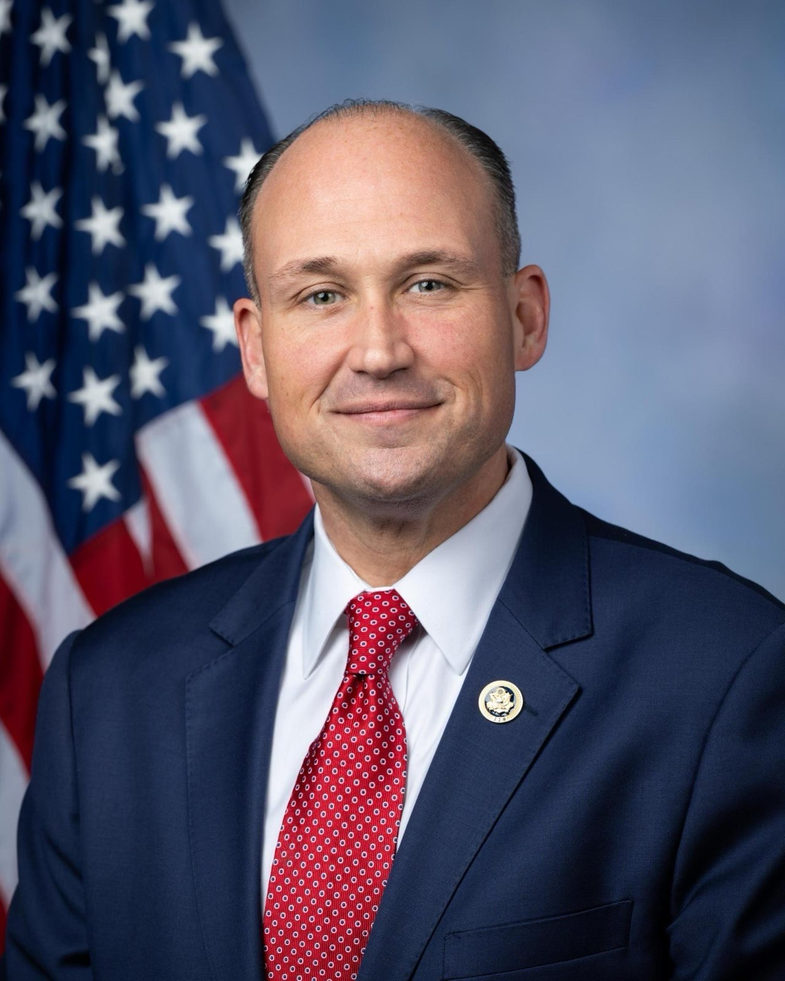
Sponsor
-
TrackSheri Biggs

Co-Sponsor
-
TrackMichael Cloud

Co-Sponsor
-
TrackScott DesJarlais

Co-Sponsor
-
TrackChuck Edwards

Co-Sponsor
-
TrackGabe Evans
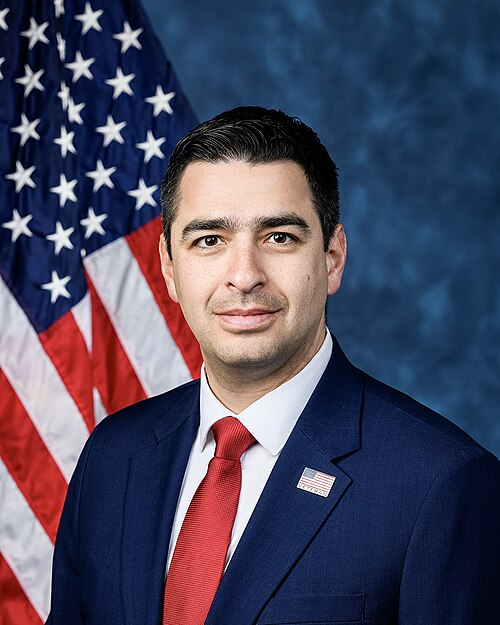
Co-Sponsor
-
TrackBrad Finstad
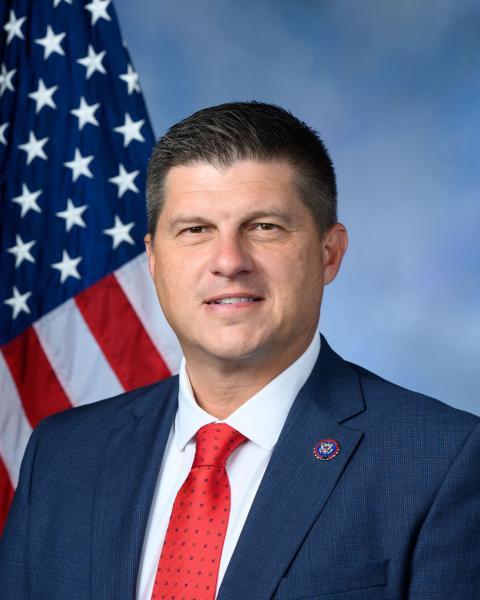
Co-Sponsor
-
TrackCharles J. "Chuck" Fleischmann

Co-Sponsor
-
TrackRussell Fry
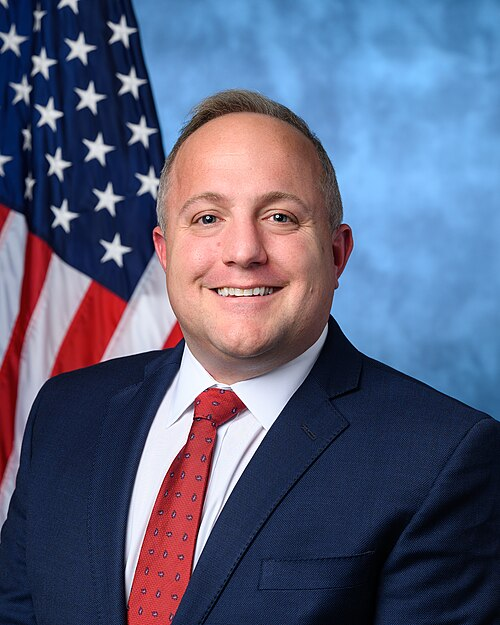
Co-Sponsor
-
TrackMichael Guest

Co-Sponsor
-
TrackNicole Malliotakis

Co-Sponsor
-
TrackBarry Moore

Co-Sponsor
-
TrackAndrew Ogles

Co-Sponsor
-
TrackMichael A. Rulli

Co-Sponsor
-
TrackDerek Schmidt
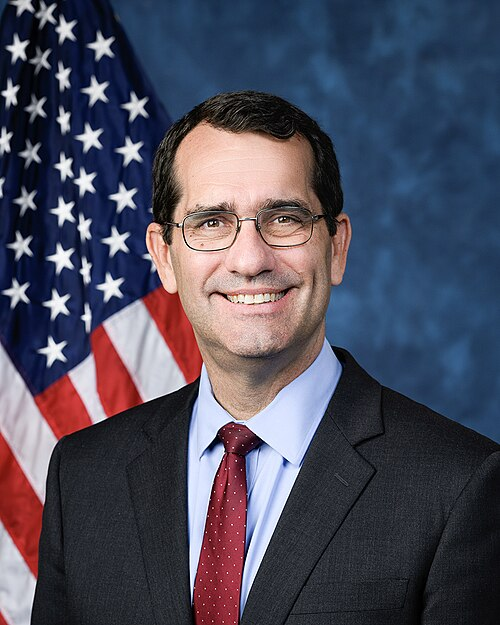
Co-Sponsor
-
TrackMichael K. Simpson

Co-Sponsor
-
TrackPete Stauber

Co-Sponsor
-
TrackElise M. Stefanik

Co-Sponsor
-
TrackClaudia Tenney

Co-Sponsor
Actions
2 actions
| Date | Action |
|---|---|
| Jun. 27, 2025 | Introduced in House |
| Jun. 27, 2025 | Referred to the House Committee on the Judiciary. |
Corporate Lobbying
0 companies lobbying
None found.
* Note that there can be significant delays in lobbying disclosures, and our data may be incomplete.
Potentially Relevant Congressional Stock Trades
No relevant congressional stock trades found.